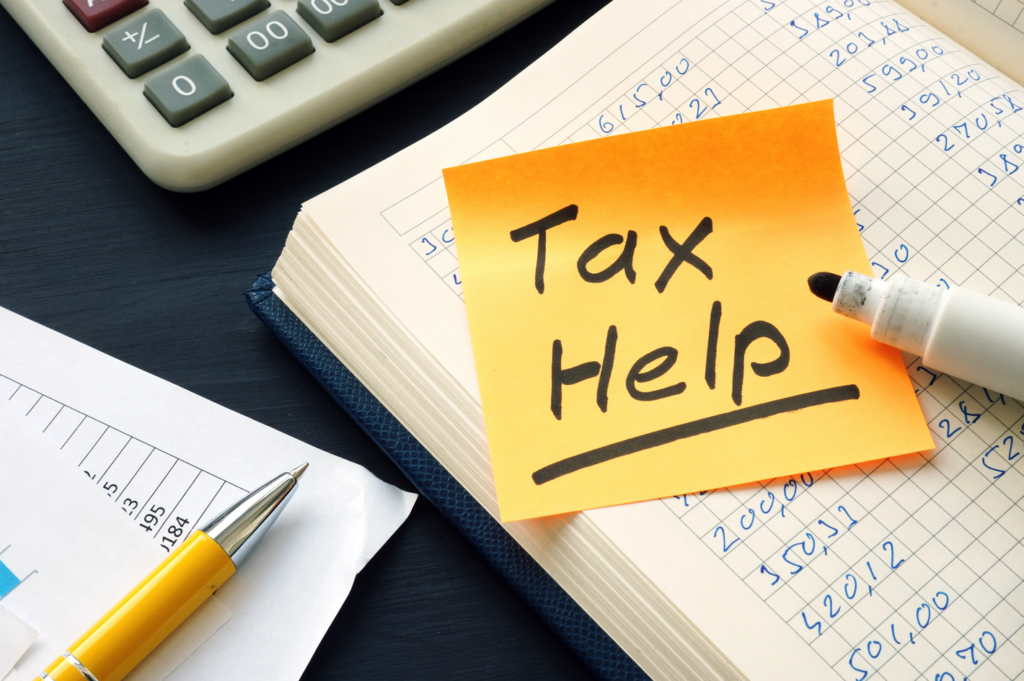Mastering Deductions to Shrink Your Tax Bill
 Navigating tax season can be a daunting task, especially when the goal is to save as much money as possible.
Navigating tax season can be a daunting task, especially when the goal is to save as much money as possible.
Fortunately, understanding how to maximize deductions and minimize taxes can significantly lighten your financial load.
This guide will offer practical tips and insights that will help you keep more of your hard-earned money.
Understanding Tax Deductions
Tax deductions are expenses that the IRS allows you to subtract from your taxable income, thus reducing the amount of tax you owe.
These deductions can range from mortgage interest and medical expenses to charitable contributions and educational costs.
Carefully tracking and reporting your eligible expenses allows you to significantly lower your tax bill and potentially increase your refund.
Maximizing Charitable Contributions
One way to maximize your charitable contributions is by keeping detailed records of all your donations.
This includes not only cash donations but also the fair market value of any items you donate to qualified organizations.
Make sure to request receipts and maintain any relevant documentation, such as bank statements or acknowledgment letters.
You can substantiate your claims and take full advantage of the deductions available to you by keeping proper records.
Taking Advantage of Retirement Contributions
Contributing to retirement accounts is another effective strategy for reducing your taxable income.
Plans like 401(k)s and IRAs offer tax advantages that can help you save for the future while also lowering your current tax bill.
Contributions to these accounts are often tax-deferred, meaning you won’t pay taxes on the money until you withdraw it in retirement.
This deferral not only reduces your taxable income for the year you make the contribution but also allows your investments to grow tax-free over time, maximizing your retirement savings.
Be sure to take full advantage of any employer matching contributions, as this is essentially free money that further boosts your retirement fund.
Leveraging Education Expenses
Education expenses can also offer significant tax benefits.
Eligible expenses, such as tuition fees, books, and supplies, can qualify for various tax credits, including the Lifetime Learning Credit and the American Opportunity Tax Credit.
By keeping thorough records and leveraging these credits, you can reduce your tax liability and make higher education more affordable.
Homeowner Tax Benefits
Homeowners can take advantage of several tax benefits to reduce their tax burden.
Deductions like mortgage interest, property taxes, and even certain home improvements aimed at energy efficiency can lower your taxable income.
By itemizing these deductions, homeowners can significantly decrease the amount they owe, making homeownership even more financially rewarding.
It is essential to maintain accurate records and receipts to fully capitalize on these opportunities.
Health-Related Deductions
Medical expenses can also offer significant opportunities for tax deductions.
Expenses such as doctor visits, prescription medications, and medical equipment can be deducted if they exceed a certain percentage of your adjusted gross income.
It’s important to keep detailed records and receipts of all your healthcare costs throughout the year.
You can potentially lower your taxable income and reduce your overall tax bill by combining medical expenses.
Planning for Future Tax Seasons
Effective tax planning is not a one-time event but an ongoing process that requires regular review and adjustment.
By staying informed about changes in tax laws and regulations, you can identify new deduction opportunities and avoid potential pitfalls.
Consulting with a tax professional like Stravolo Wealth Management is a way you can get personalized advice tailored to your financial situation, helping you make informed decisions and optimize your tax strategy for future tax seasons.
Conclusion
In conclusion, mastering deductions is a powerful way to reduce your tax burden and keep more of your income.
By staying organized, keeping thorough records, and regularly reviewing your financial situation, you can take full advantage of available deductions and credits.
Remember, proactive tax planning is key to maximizing your savings and achieving better financial health.
Category: Taxes




